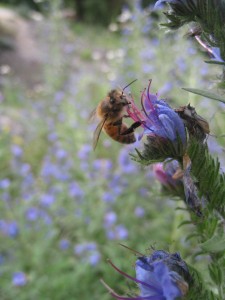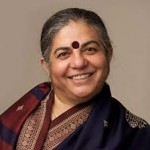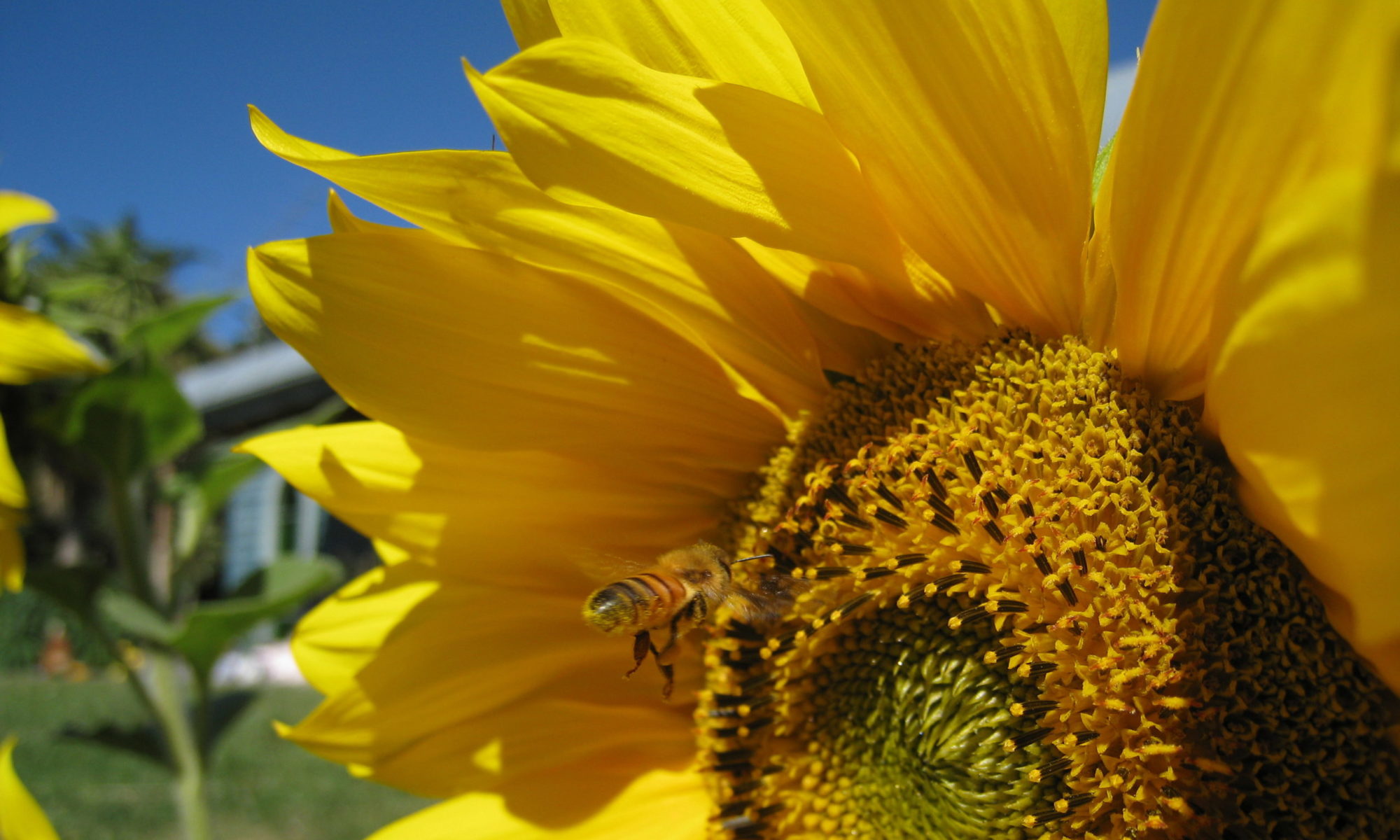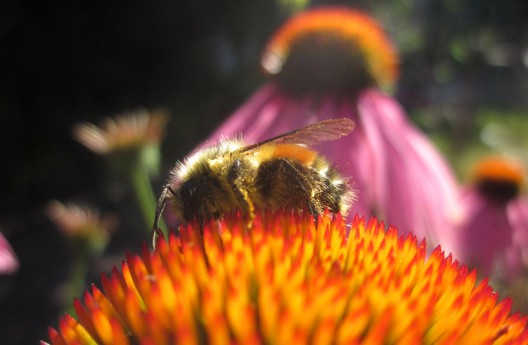“The beauty of the seed is out of one you can get millions. The beauty of the pollinator is it turns that one into the million and that’s an economics of sharing. That’s to me the real economics of growth because life is growing.†– Dr. Vandana Shiva, from “Queen of the Sun: What Are the Bees Telling Us?â€

Earlier this fall, we were honored to be one of the featured films at the first national Heirloom Seed Exposition held at the Sonoma County Fairgrounds in Santa Rosa, California. This was a spectacular three-day event bringing together farmers, gardeners, and eco-enthusiasts from all over the world to promote the sustainable cultivation of genetically pure seeds. Heirloom plants come from seeds that are naturally reproduced, openly pollinated, and handed down from generation to generation; this cycle of growth and rebirth is dependent upon pollinators like bees, and the bees in turn depend upon this biodiversity of flora, creating an essential partnership that keeps the earth in balance.
Over 2,000 heirloom varieties of vibrantly colored flowers, fruits, and vegetables were featured at the Expo, and each day was filled with vendors, lectures, art exhibits, and activities surrounding the cause. Keynote speakers at the event included Alice Waters, chef of Chez Panisse and advocate of locally-grown ingredients, as well as Dr. Vandana Shiva, well-known eco-activist who appears in Queen of the Sun: What Are the Bees Telling Us? and has introduced the film at past screenings. Dr. Shiva’s speech addresses the rise of corporations such as Monsanto, misconceptions about the food industry, and the vast benefits achieved by ecological farming. You can listen to clips of her speech here.
With the theme of the Expo surrounding natural plant reproduction, the role of bees was an inevitable facet of the conversation. Scientists have confirmed that there are many factors that contribute to Colony Collapse Disorder and the decline of honey bees, but many problems can be traced back to large GMO organizations and commercially farmed monocrops. Due to modern agriculture’s focus on genetically engineered clones for mass production, bees are subject to pesticide contamination, lack of consistent food supply, and careless beekeeping practices among many other plights.

The Heirloom Seed Exposition was a great opportunity to demonstrate the importance of returning to a world of biodiverse food sources. If we ever hope to reverse the catastrophic pattern of bee decline, we must support the growth of organically cultivated plants from pure heirloom seeds. We were so grateful to be a part of this inspiring platform; not only are heirloom seeds good for the planet, but their produce is often healthier and more delicious, too. To support biodiversity is to help the bees, and we can’t wait to be part of the second annual Expo next year!

